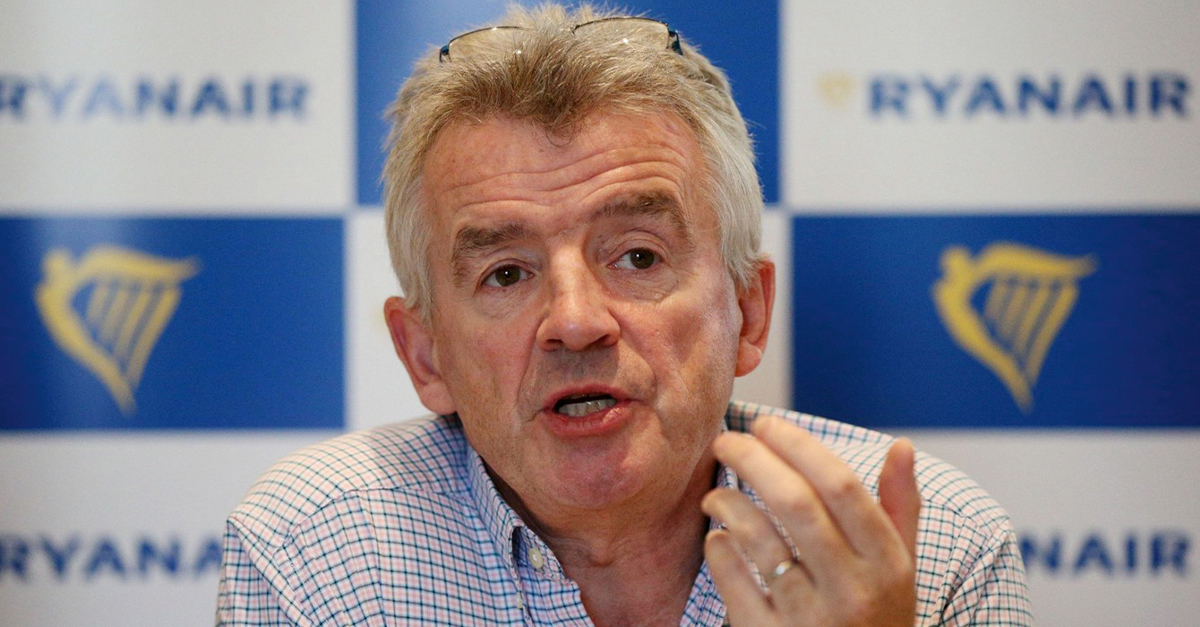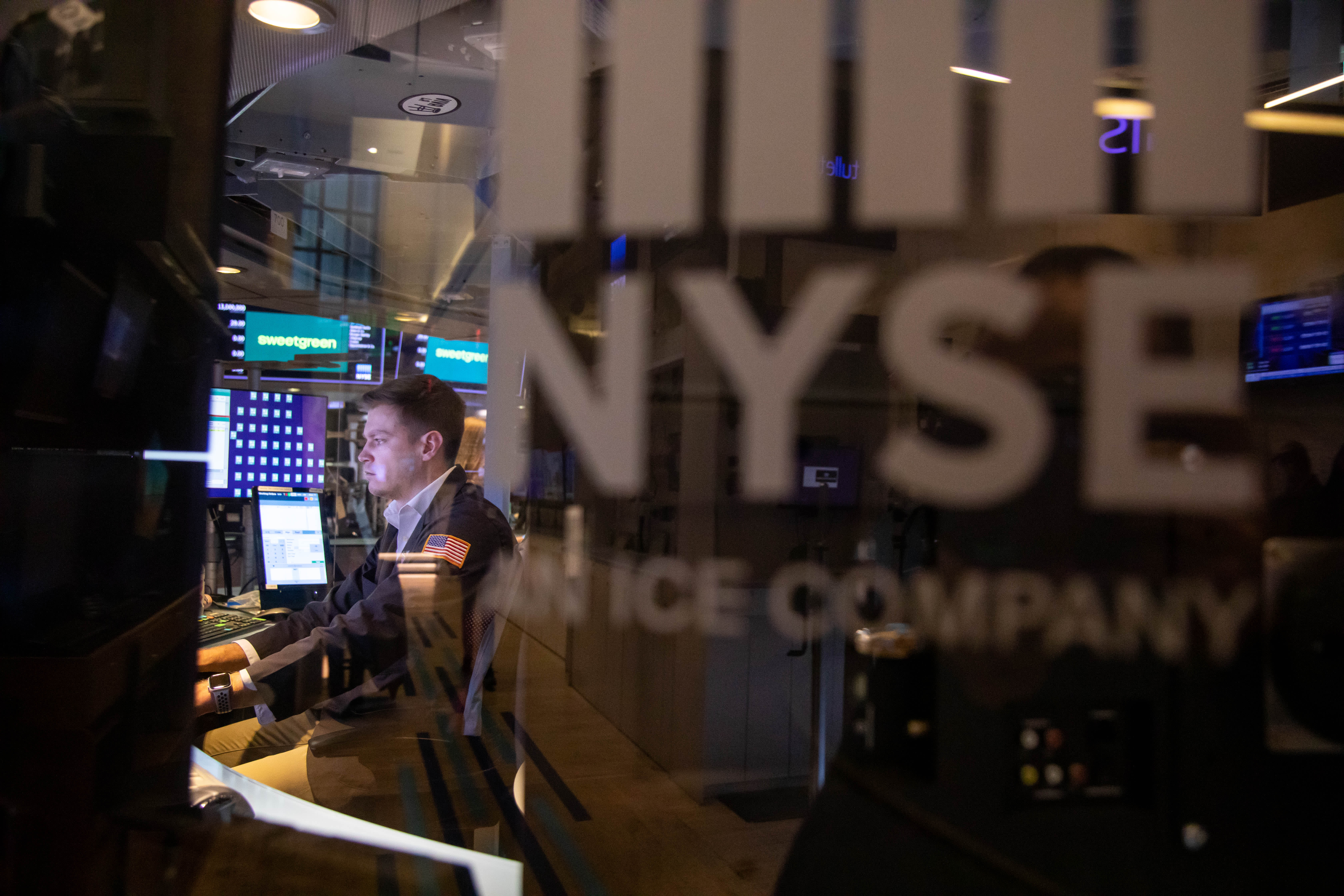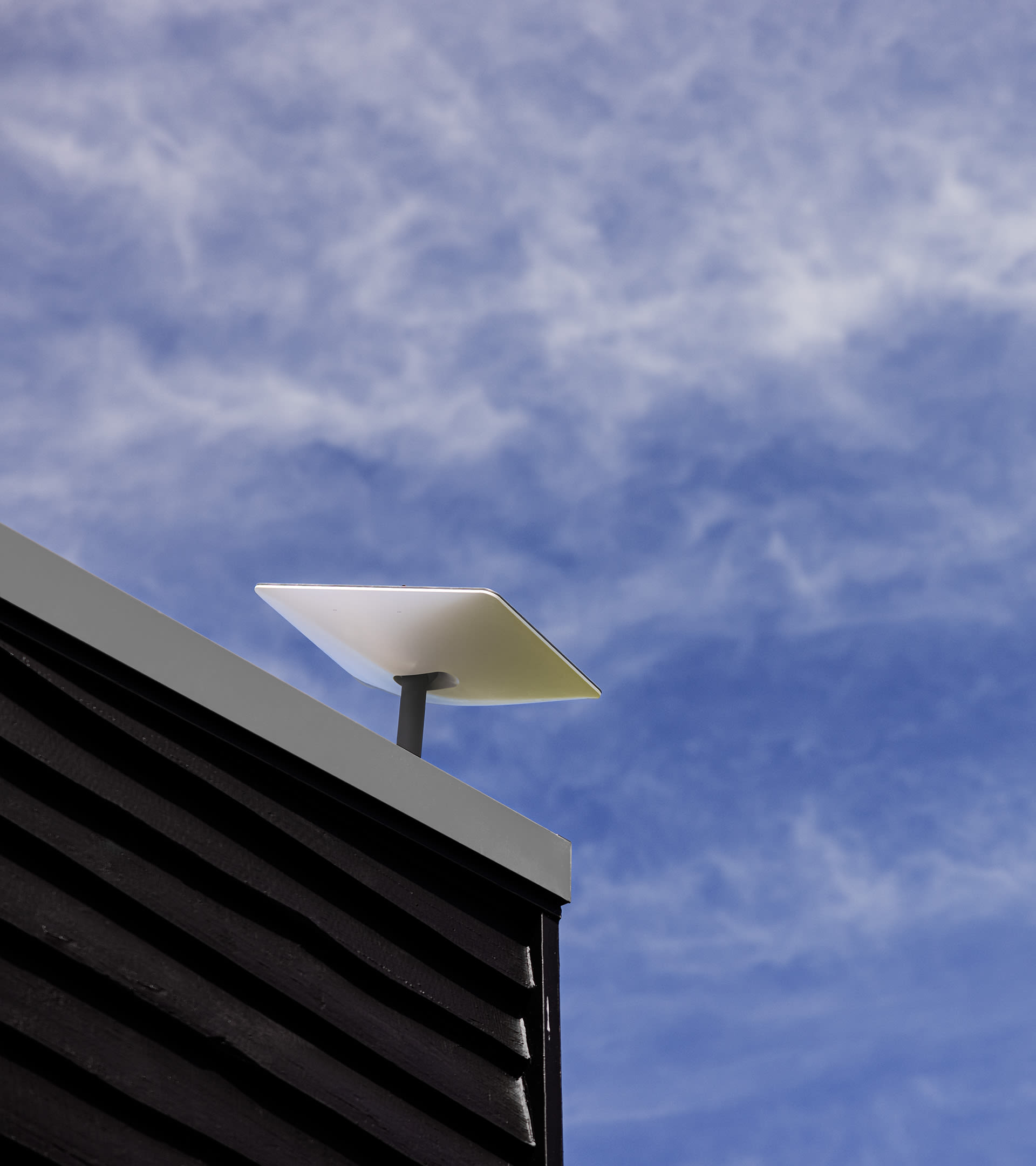Ryanair hits back at OTAs with demand for CMA probe
‘Internet pirates duping and scamming customers’ claims O’Leary

Ryanair has hit back at leading online travel agents including Booking.com, Expedia and Skyscanner after they urged UK regulators to probe the airline’s data requirements when passengers book flights through OTAs.
Michael O’Leary, Ryanair group chief executive, accused the OTAs of being “internet pirates who are duping and scamming customers” and called on the Competition and Markets Authority (CMA) to act.
A group of companies including the online travel giants Booking.com, Expedia and Skyscanner wrote to the CMA, the Civil Aviation Authority (CAA) and the Information Commissioner’s Office (ICO) on Wednesday accusing Ryanair of “invasive, unnecessary and unfair” treatment of their customers.
They suggested Ryanair “may be breaching UK data protection rules” by requiring customers booking through third-party sites to provide personal information to manage their booking or check in online.
The group claimed the carrier’s “real motivation” was to drive bookings direct.
But Ryanair described the claims as “false” and insisted its requirements are “designed to ensure it can communicate with passengers directly and not via an OTA bot”.
It claimed: “Consumers are being duped and/or overcharged by this group of OTAs who unlawfully scrape Ryanair’s website [and] use this unlawfully obtained data to mislead consumers and mis-sell our flights with significant mark-ups.”
The carrier alleged the OTAs “knowingly overcharge consumers for Ryanair fares and/or ancillary services.
“They use fake single-use credit cards to conceal the real cost of Ryanair flights from consumers, fake single-use email addresses to prevent Ryanair directly contacting these consumers, and in some cases . . . also provide fake customer addresses.”
Ryanair noted it had “repeatedly called on the CMA and CAA to take action to prevent these ‘internet pirates’ blocking communications between airlines and passengers, and from overcharging or duping consumers”.
The carrier said it “continues to offer licenced access to air fares and inventory for price comparison purposes to online platforms such as Google Flights” and suggested the OTAs “don’t wish to take up this licence as compliance would prevent them overcharging their customers”.
Ryanair told the CMA and CAA: “Many consumers are not receiving airline notifications about their bookings, including safety, security and public health instructions, disruption notification etc.
“Because many of these OTAs withhold customers’ genuine contact details from Ryanair, our customers are often denied flight disruption information.”
It added: “When a customer qualifies for compensation or refunds, Ryanair is often unable to make these payments directly because many OTAs withhold customers’ genuine payment details from Ryanair.”
O’Leary said: “It’s critical our customers are directly informed of important safety, security and flight update information and can access the lowest air fares and lowest price ancillary services.
“These OTAs scrape our data without authorisation or permission in a clear act of internet piracy, and then dupe unsuspecting consumers into making bookings via their websites.”
He suggested their business models “can only survive if they overcharge”.
O’Leary argued: “UK consumer protection laws should apply in the same way in which they protect consumers from ticket touts at concerts and sports events.
“We’re amazed UK consumer agencies and the UK government have failed to take any action against this rampant internet piracy and this overcharging of consumers.”

 Aliver
Aliver 































